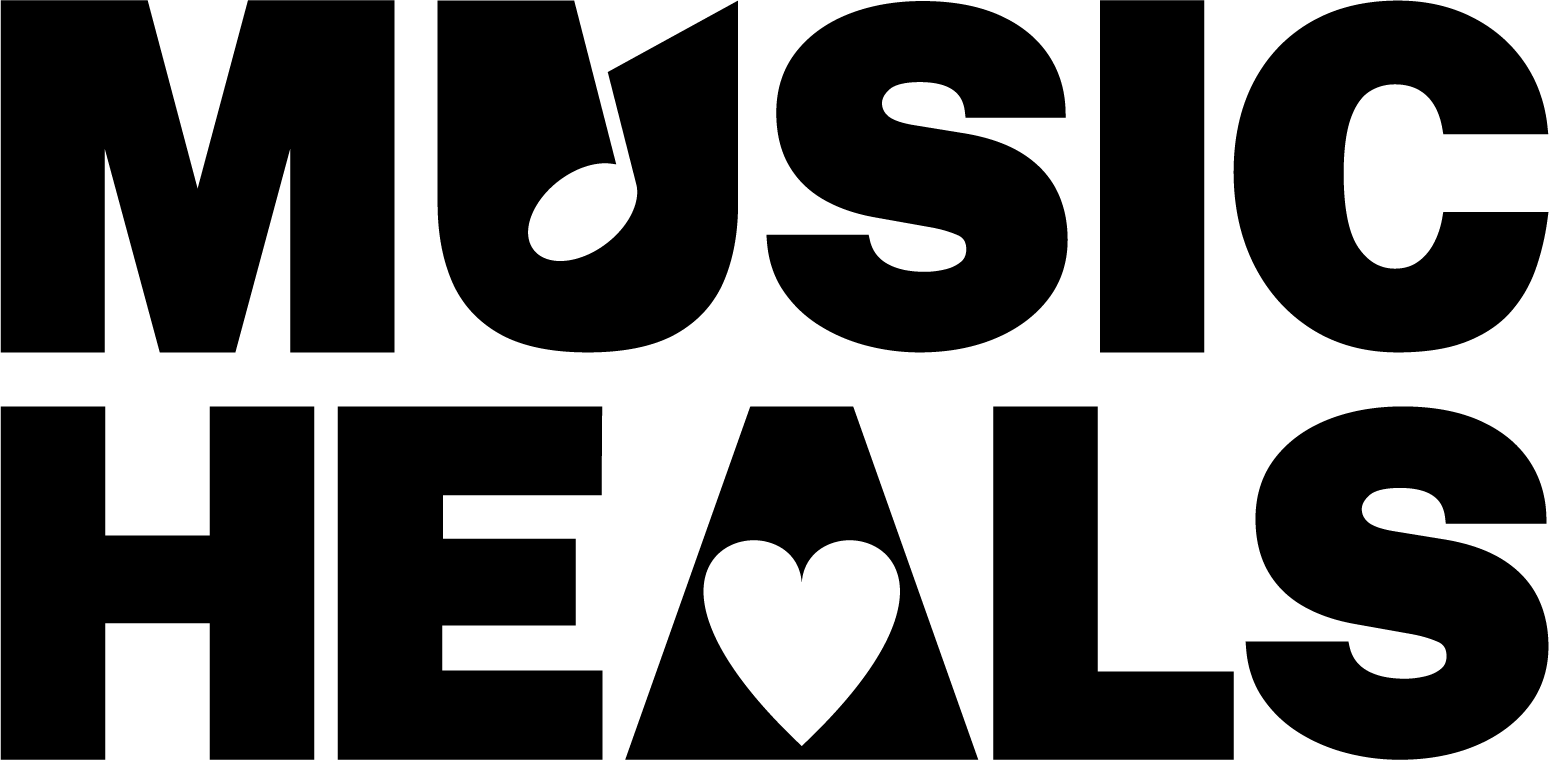Happy Holidays, everyone! Welcome to December! I hope that you all are enjoying the lead up to the holidays and that you all get some time to relax and enjoy time with your loved ones.
If you haven’t heard about a little film called, “Alive Inside”, then I’m not sure where you’ve been the last few years! It sparked a lot of talk about using iPods, especially with clients with dementia, and the fact that it often this gets confused with music therapy. They both have potential benefits, but there needs to be considerations when choosing which route to go. This topic has resurfaced recently in our local music therapy community because of a panel discussion at our annual BC conference in October. This is why I felt compelled to focus on it for this month’s post.
Mallory Even is the owner of Metro Music Therapy in Atlanta and she recently did a presentation about music therapy at the Georgia Health Care Association’s Annual Social Worker’s Meeting. Below, is a post from her blog about the experience.
If you’d like to know more about Mallory and her team at Metro Music Therapy, check out their website: metromusictherapyga.com
~Alexina
*********
Mallory Even, Owner of Metro Music Therapy, is originally from the Orlando, FL area, and earned her Bachelor’s degree in Music Therapy from the Florida State University. She remained in Tallahassee to complete her internship with Leon County Public Schools and upon graduation from FSU, Mallory and her husband moved to the Atlanta, GA area. For two years before starting her practice, and for three years after, Mallory also worked as a music therapist in an adult and geriatric inpatient psychiatric unit located in Snellville, GA.
Mallory is a Music Therapist-Board Certified (MT-BC), Licensed Professional Music Therapist (LPMT), and a Neonatal Intensive Care Unit Music Therapist (NICU MT). She has completed the 30-hour training in Counseling Skills for Music Therapists, the 50-hour Griel & Loss Music Therapy Institute, and is once course away from earning her specialty certification in Hospice and Palliative Care Music Therapy. She has been a member of the American Music Therapy Association (AMTA) since 2002, and is also a member of the Music Therapy Association of Georgia (MTAG).
Since starting the practice in late 2007, Mallory has provided individual and group music therapy services in specialized schools and a wide variety of healthcare settings in the Metro Atlanta area. She has started new music therapy programs for The Governess School, Breakthrough Recovery Outreach, VITAS Innovative Hospice Care, The Bridge of Georgia, The Covenant House Georgia and The Center for Children and Young Adults.
Mallory’s most recent accomplishments include the launching of a new Music Therapy marketing program called MMT PayPer, the Metro Music Therapy expansion to Orlando, FL, and Mallory and her team opened the MMT Academy – a music therapy continuing education academy for professional music therapists that is approved by the Certification Board for Music Therapists.
Mallory’s principal instrument is the French horn, but she is also proficient in guitar and voice. She enjoys composing music for both children and adults, and has written, recorded and copyrighted an original CD entitled, “Favorite Day.” She has presented at National AMTA conferences, was invited to be a panelist on the Careers in Counseling & Therapy panel at the University of Georgia, and also leads music therapy wellness sessions for the Children’s Healthcare of Atlanta staff retreats.
_____________________________________________________________________________________________
Music Therapy & iPods
 A few weeks ago, Sam and I had the honor of traveling to St. Simons Island to attend the Georgia Health Care Association’s Annual Social Worker’s Meeting. We were invited to this conference to view the film, Alive Inside, with the conference attendees, and we presented immediately after about the benefits of music therapy for patients and residents in long-term residential care. I want to tell you what we observed, learned, and have taken away from this experience!
A few weeks ago, Sam and I had the honor of traveling to St. Simons Island to attend the Georgia Health Care Association’s Annual Social Worker’s Meeting. We were invited to this conference to view the film, Alive Inside, with the conference attendees, and we presented immediately after about the benefits of music therapy for patients and residents in long-term residential care. I want to tell you what we observed, learned, and have taken away from this experience!
First and Foremost, let’s address the elephant in the room: Why do Music Therapists get so fired up about the film, “Alive Inside,” and the hype surrounding it? If you are a music therapist, you know what I mean. If you are not a music therapist, you might be confused as to why our field is a little on edge about this film. I think our collective defensiveness is based off of this simple idea: the common public perception is that the Music & Memory program IS Music Therapy. Many friends and family members have been thrilled to share the news of the film with us, saying, “This reminded me of you and of the work you do!” — and while that should be a compliment, we get defensive because our field is often misunderstood.
During our presentation, I told the room of social workers that as a musician, I was excited to see the seniors in the film receive access to their favorite music. As a music therapist, however, I saw missed opportunities to address clinical goals such as reducing isolation, increasing opportunities for socialization, memory recall, verbal processing, making emotional connections with family members, life review, and improving overall quality of life. This is why the iPod program is not a replacement for music therapy services.
One example of this “missed opportunity” involved Henry, the elderly gentleman with Alzheimer’s. The facility staff described him as being confused and isolated most of the time, a very typical description of any individual with dementia or Alzheimer’s. When the staff placed the headphones on Henry’s ears and began playing his favorite music, Henry became “alive” – he truly lit up. His affect became bright and his eyes flew wide open. He began singing (beautifully), and then recalled memories about the music he was hearing. So why would I call this a missed opportunity? If you watch the room while Henry is having this experience, you see other residents sitting around him, craning their necks with genuine interest to see what Henry is doing. You see Henry, a man who is typically isolated, becoming even more isolated while he closes out the world to listen to his music, completely by himself. I saw this moment as an opportunity to send in a board-certified music therapist to facilitate a group session which would incorporate everyone in the room in any capacity. Henry would then be able to share his memories and experiences with his peers – something that is nearly impossible for him to do when his memory is not livened by the music.
So, Music Therapists should be defensive then, right? I don’t believe so. This film shows us the positive power that music holds over our minds and memories. I wholeheartedly believe that every human should have access to their favorite music, and should be able to listen to it whenever they want. I also believe that Music Therapy is an effective clinical treatment option and – hear me – should not be implemented in a unit or facility all day every day. We work on clinical treatment goals and our patients and clients get exhausted. They need a mental, physical, emotional, and spiritual break. Just as a physical therapist shouldn’t be with a patient all day every day in order to let the body rest and restore before the next session, we can’t be with a patient 24/7. Music Therapists listen to me carefully: we cannot have it both ways. Let’s be very careful not to contradict ourselves. We can’t ask the world to view our services as something different than music entertainment (which it is!) and also get upset or offended when a facility brings someone or something in to act as entertainment. So we shouldn’t be defensive when a facility with whom we work brings in an iPod program, as long as that program isn’t meant to replace music therapy services (if it is, we need to better educate on the differences between the two, and the exclusive benefits of both).
This is why I believe every facility will benefit from having a music entertainment program (be it iPods, live musicians, etc) AND a music therapy program. People need to listen to music leisurely and for entertainment, and in a separate time and place, patients and clients with any diagnosis should have access to music therapy services to address their treatment goals. It shouldn’t be a choice between one or the other – it should be both.
Music Therapists, we have come a long way in the past 60-70 years. Think about how much further we can go if we were to view music entertainment programs as allies, and not enemies!
Note: This post is used with permission from the author.
Are you a music therapist, music therapy intern, or a professional in a field related to Music Therapy that has something to share on the Music Heals blog?
Submissions should include to links to your website and any social media channels you would like included in the article.
Submissions may be edited for length and photos for publication will require a waiver, which will be provided.Submissions should be sent to Alexina Davis: blog@musicheals.ca





